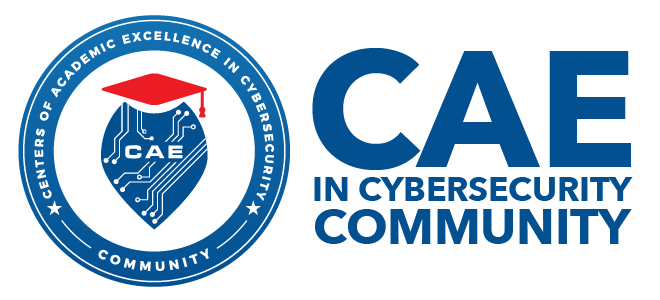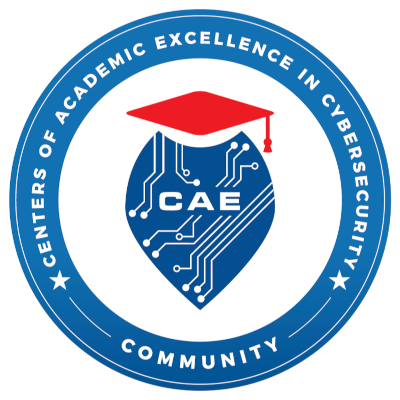The Joint Task Force (JTF) on Cybersecurity Education (http://cybered.acm.org/) was launched in September, 2015 as a collaboration between major international computing societies: ACM, IEEE Computer Society, AIS’s Special Interest Group on Security (SIGSEC), and IFIP. The purpose of the JTF on Cybersecurity Education was to develop comprehensive model curricular recommendations for undergraduate program in cybersecurity education that will support future program development, and associated educational efforts. Prior ACM-lead JTFs that have worked to produce model curricula recommendations (www.acm.org/education/curricula-recommendations) for undergraduate degree programs, included:
- The ACM/IEEE CE2004 for Computer Engineering
- The ACM/AIS IS2010 for Information Systems
- The ACM/IEEE CS2013 for Computer Science
- The ACM/IEEE SE2014 for Software Engineering
- The ACM/IEEE IT2017 for Information Technology (under development)
Similarly, this JTF has been working to achieving the proposed curricular guidelines for undergraduate degree programs in cybersecurity (CSEC 2017). This presentation will start with an overview of JTF, the work that the JTF conducted, and Working Groups activities, including the thought model using the cross-cutting ideas, the knowledge areas, knowledge units, and topics outlined. Following, a discussion will be provided about the final report itself, the recommendation usage of the CSEC 2017 curricular guideline, issues related to the scope of the field of cybersecurity, along with challenges of defining the program outcomes. Discussion about the opportunities to engage in the Exemplary Programs will be provided, and its role in ABET accreditation for cybersecurity programs.

